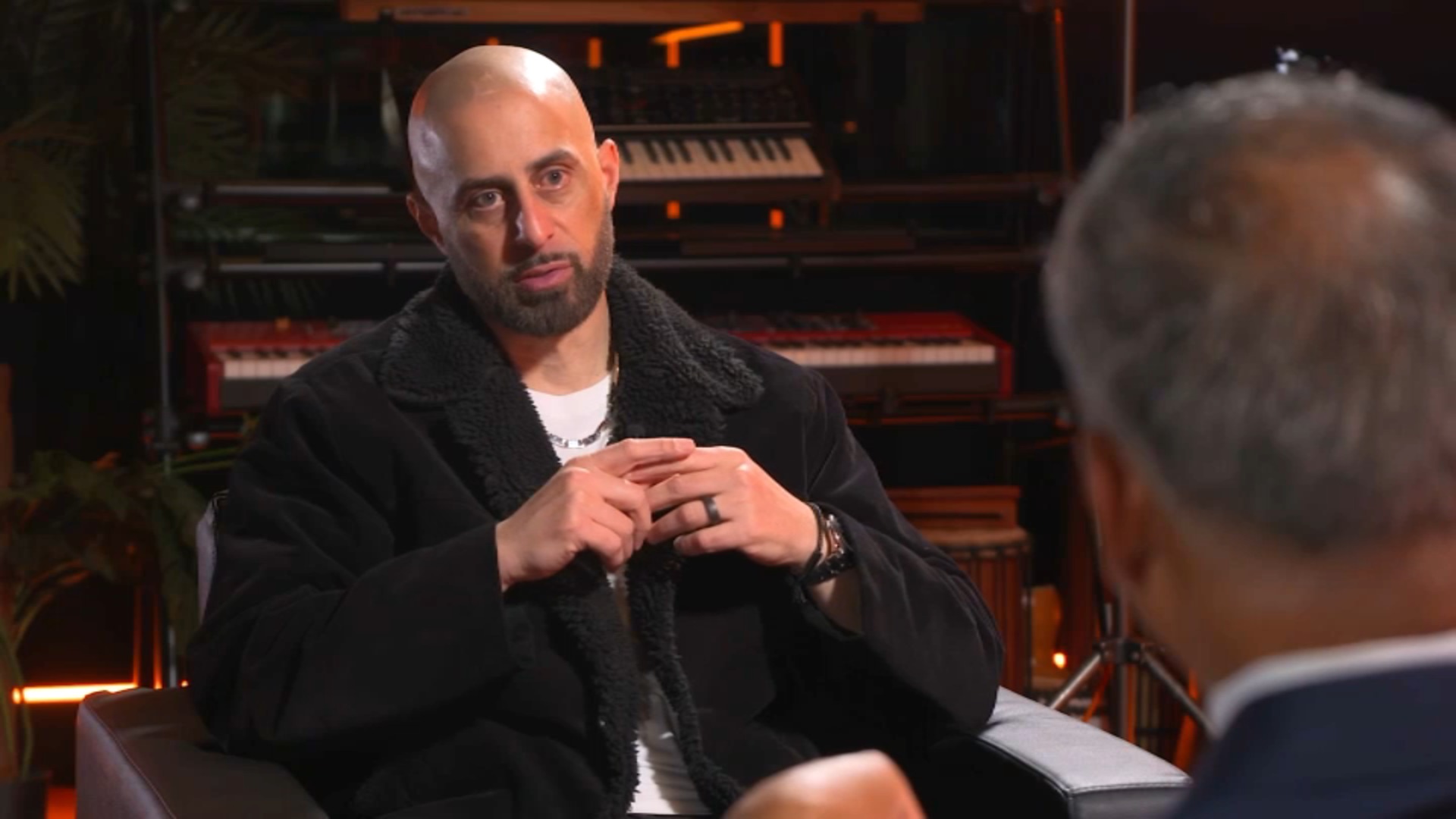If you Google "Ahmed Rushdie" a story about an angry novelist appears -- the novelist known to the world as Salman Rushdie.
Facebook took its terms of service quite literally on Monday, changing the famous writer's page to the name that appears on his passport, Ahmed. A name he says he's never gone by.
Rushdie took to Twitter: "Would Facebook ... turn J. Edgar (Hoover) into John Hoover?"
About two hours later Facebook reversed course, after the Twitterverse took up Rushdie's cause, according to the New York Times.

Using real names online is corporate policy for a reason: money. People going by pseudonyms are more difficult to track -- and to target advertising toward. Facebook and Google+ want users to be genuine, in an effort to build their databases, customer behavior schemas and conversions (what we click on).
The Times reports that Google has indicated it will allow some use of aliases, indicating that the "atmosphere" of the new social platform stays closer to the genuine, transparent side.
Twitter, however, takes the opposite tack, allowing pseudonyms -- nyms that lead to handles like @fakesteve jobs (no longer active) and @fakesarahpalin.
Local
For his part, Salman Rushdie, while declaring victory when his name was restored, said, "I'm Salman Rusdie again. I feel SO much better. An identity crisis at my age is no fun."



